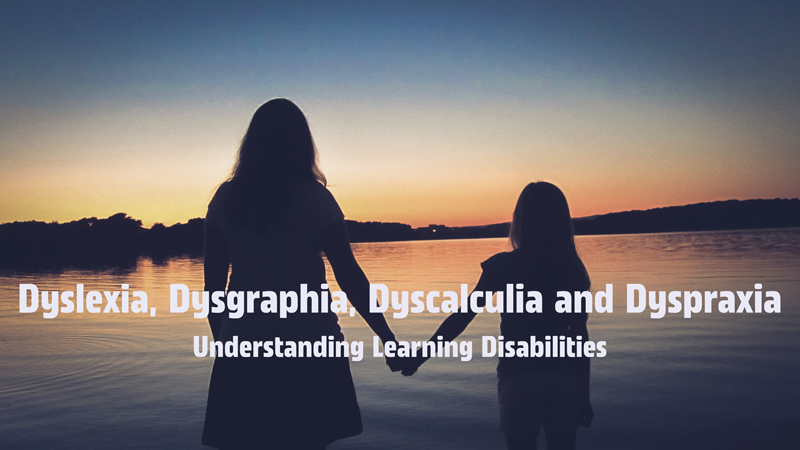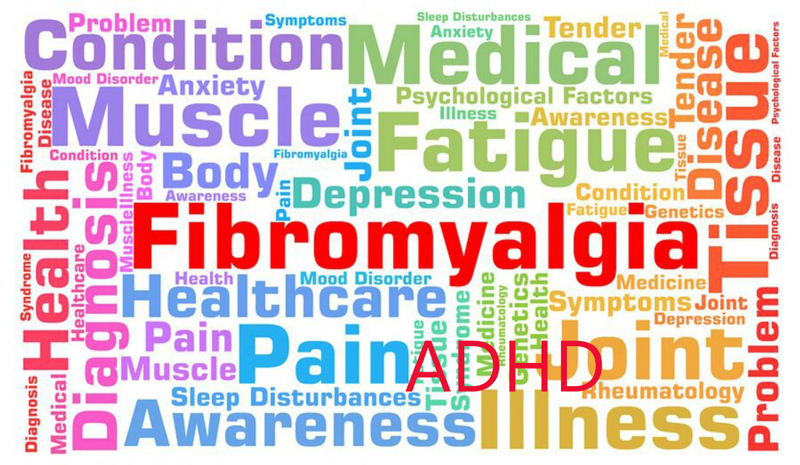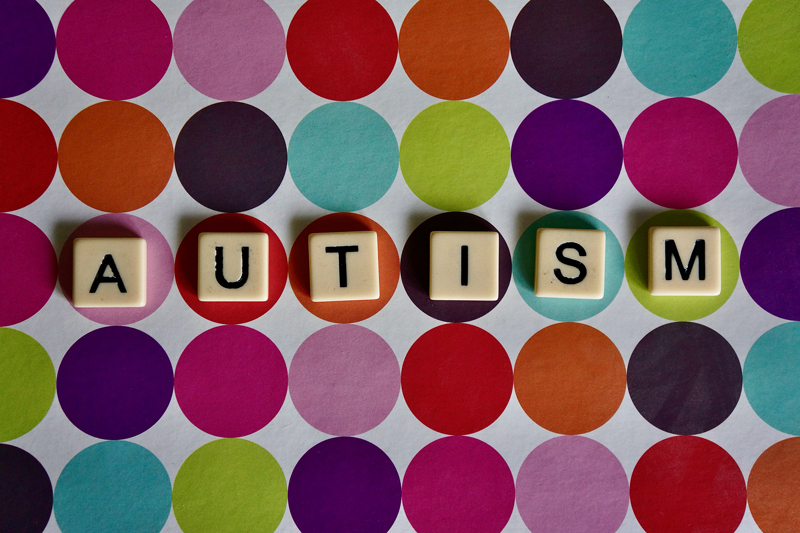ADHD: Symptoms and Treatment
Aug. 22, 2023 #ADHD
Introduction to ADHD
ADHD, or Attention Deficit Hyperactivity Disorder, is a neurodevelopmental disorder that affects children and adults alike. It is primarily characterized by symptoms of impulsivity, hyperactivity, and lack of attention.
Several factors contribute to the development of ADHD, including genetics, brain structure and function, and environmental influences.
While the exact causes of ADHD are still unclear, research suggests that individuals with the disorder may have imbalances in certain neurotransmitters, such as dopamine and norepinephrine.
Diagnosis and Prevalence of ADHD
ADHD affects approximately 5-7% of children and is diagnosed more often in boys than girls. It is a common neurological disorder that can persist into adulthood for many individuals.
Research has shown that around 30-50% of children with ADHD continue to have the disorder in adulthood. While the symptoms may change or evolve over time, the impact of ADHD can be long-lasting.
Diagnosing ADHD involves a comprehensive assessment that considers the individual's medical history, behavior patterns, and symptoms. Professionals, such as psychologists and psychiatrists, typically use standardized diagnostic criteria, such as those outlined in the Diagnostic and Statistical Manual of Mental Disorders (DSM-5), to make an accurate diagnosis.
ADHD can have a negative impact on health-related quality of life. It can affect various aspects of a person's life, including academic performance, social relationships, and overall well-being. However, with early diagnosis and appropriate interventions, individuals with ADHD can learn to manage their symptoms and lead fulfilling lives.
Treatment and Management of ADHD
Managing ADHD involves a combination of medications, counseling, and lifestyle changes. The goal of treatment is to reduce symptoms and enhance overall functioning and quality of life for individuals with ADHD.
Medications
Stimulant medications are commonly prescribed for the treatment of ADHD. These medications help to regulate neurotransmitter activity in the brain, improving focus, attention, and impulse control. It is important to note that medication should be prescribed and monitored by a qualified healthcare professional.
Counseling
Counseling, such as cognitive-behavioral therapy (CBT), can be an effective treatment for ADHD. CBT helps individuals with ADHD identify and change negative thought patterns and behaviors, develop better coping strategies, and improve time management and organizational skills.
Lifestyle Changes
Making lifestyle changes can also contribute to effectively managing ADHD. These may include creating a structured and organized environment, establishing routines, setting realistic goals, and avoiding distractions as much as possible.
Environmental Modifications and Education
Modifying the environment and providing education and support are essential components of managing ADHD. This can involve making accommodations in educational settings, such as providing extra time for completing tasks or using assistive technology. It is important to educate family members, teachers, and caregivers about ADHD and its impact to ensure a supportive and understanding environment.
Management Recommendations
Management recommendations for ADHD may vary depending on guidelines and countries. It is important to work closely with healthcare professionals to tailor the treatment plan to meet the unique needs of each individual with ADHD.
By implementing a comprehensive treatment plan that includes a combination of medications, counseling, and lifestyle changes, individuals with ADHD can effectively manage their symptoms and improve their overall quality of life.
Controversies and Debates on ADHD
ADHD and its diagnosis have been controversial since the 1970s. There are ongoing debates and discussions in the scientific community surrounding various aspects of ADHD, including its causes, diagnosis, and treatment.
Causes of ADHD
One of the main controversial topics is the exact cause of ADHD. While research suggests that genetics, brain structure, and neurotransmitter imbalances play a role, there is still no consensus on the primary cause. Some argue that ADHD is solely a result of environmental factors, such as parenting style or exposure to certain toxins, while others believe that it is primarily a neurobiological condition.
Overdiagnosis and Medicalization
Another controversial aspect of ADHD is the concern that it may be overdiagnosed or that it medicalizes normal behavior. Some critics argue that the criteria for diagnosing ADHD are too broad and subjective, leading to an increase in the number of individuals being diagnosed. Additionally, there are concerns that the use of stimulant medications, such as Ritalin or Adderall, is being overprescribed and may have long-term effects on individuals, especially children.
Debate in the Scientific Community
The scientific community is divided on certain aspects of ADHD, leading to ongoing debate and discussion. Some researchers argue for a more holistic approach to understanding and treating ADHD, considering individual differences and environmental factors. Others focus on the neurobiological aspects of the disorder and advocate for pharmacological interventions. The ongoing debate reflects the complexity of ADHD as a multi-faceted disorder and the need for further research to better understand its causes and develop effective treatments.
Overall, the controversies and debates surrounding ADHD highlight the need for continued research and collaboration among professionals to improve our understanding of the disorder and ensure appropriate diagnosis and treatment for individuals with ADHD.









COMMENTS